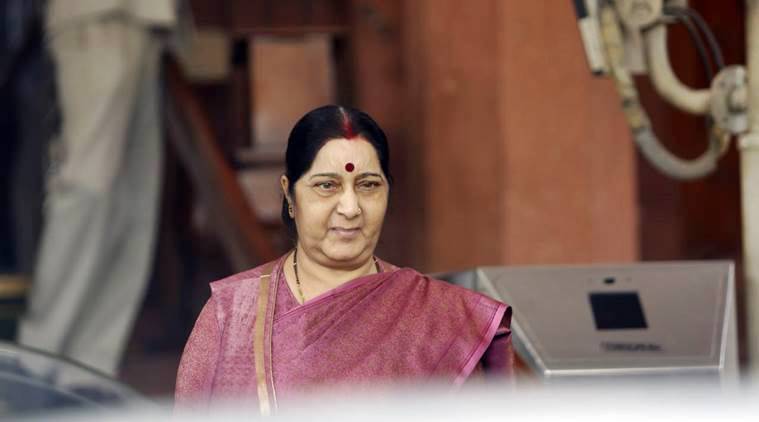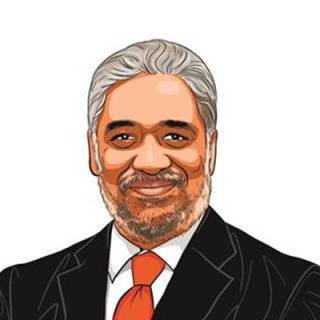OIC invitation to India is an opportunity to expand relationships in Muslim world
Swaraj’s participation in the Abu Dhabi ministerial must be viewed as a diplomatic opening for a sustained and long-term political engagement of the Islamic world as a collective.

On the face of it, India getting an invite to address the gathering of the foreign ministers from the Organisation of Islamic Cooperation may not look like a big deal. Sceptics have long argued that the OIC has the distinction of competing with the Non Aligned Movement and the League of Arab Nations for the unflattering tag of the world’s most ineffective international organisation.
Yet, there is no question that External Affairs Minister Sushma Swaraj’s participation at the meeting in Abu Dhabi is a significant discontinuity in India’s engagement with the Muslim world. It also caps one of the least understood but most successful endeavours of Prime Minister Narendra Modi’s foreign policy — its recasting India’s relations with the Middle East.
To be sure, analysts around the world have noted Modi’s felicity to be befriend apparent adversaries — Saudi Arabia and Iran, the United Arab Emirates and Qatar, Egypt and Turkey as well as Israel and Palestine. Observers are also impressed by Modi’s success in bringing the special relationship with Israel out of the closet.
But the real breakthrough under Modi is the transformation of India’s engagement with the conservative Arab monarchies, especially the UAE and Saudi Arabia. These two Muslim states have long been Pakistan’s closest international partners. Islamabad has flaunted ties to the UAE and Saudi Arabia as reflecting its special religious connect to the Middle East.
Although India’s expanding political ties with the UAE and the House of Saud go back a number of years, they have acquired a special strategic character under Modi. The increasingly productive nature of this engagement comes from an unprecedented level of personal political comfort between Modi and the key leaders of the Arab world. It is also rooted in the shared interest between India and the Arab conservatives in blunting the edge of religious extremism and terrorism.
In the past, the conservative Arab monarchies were happy to turn a blind eye to the dangers of encouraging political Islam and condoning the Pakistan army’s support for terror and religious extremism in South Asia. Today, no governments are more threatened by forces of religious destabilisation than the Arab monarchies like Saudi Arabia and the UAE. Sharing that threat with them are traditional republics like Egypt. This has created a new framework for India’s engagement with the Muslim world and the Middle East.










.png)




























No hay comentarios:
Publicar un comentario